Taiwan approves bill for workers’ accident insurance in small companies

The bill proposes that companies employing less than five workers must insure their staff for occupational accidents.
Taiwan’s employment rose for 8 consecutive months

The number of employees in the industrial and service sectors at the end of January increased by 0.18% or 15,000 to 8.17 million from December 2020.
Hiring demand in Taiwan expected to spike in Q2 2021

The Ministry of Labor (MOL) has said the demand for workers should rise in Q2 this year due mainly to the expansion in the electronics sector.
Taiwan to nurture digital talent in four-year plan

In its four-year plan, Taiwan’s National Development Council (NDC) will focus on cultivating a digital talent pool, among other goals.
Gender wage gap in Taiwan narrows in 2020

Taiwan’s average hourly gender pay gap fell from 17.1% in 2010 to 14% in 2020, which translates to a fall from 63 to 51 extra work days.
Taiwan protects working rights of middle-aged and senior workers

The Executive Yuan has passed a new Act to address the challenges of an ageing population and potential future labour shortages.
Majority of employees in Taiwan generally satisfied with jobs

A survey by the Ministry of Labour (MOL) found that 71.2% of workers were generally satisfied with their jobs, with 3.7% being dissatisfied.
Taiwan’s employment rose for sixth consecutive month

Employment figures in the industrial and service sectors increased for the sixth consecutive month in November.
Taiwan sees weekly drop in furloughed workers

The government expects the number to drop further, with the upcoming Lunar New Year boosting domestic demand and businesses.
Taiwan raises monthly minimum wage to NT$24,000 effective January

The wage hike is expected to benefit some 1,558,500 workers, which includes 1,097,700 Taiwanese and 460,800 foreigners.
Taiwan hires fewer workers aged 50 and above

The labour participation rate of people aged 50 and above is found to be significantly lower than that of Japan, South Korea and the US.
Taiwan ends short-term contract extensions for migrant workers

The Ministry of Labor (MOL) has announced that it will end a programme that allowed employers of migrant workers to apply for short-term extensions.
Taiwan sees fall in number of furloughed workers

This marks an improvement from June’s high number of 31,000, which has fallen as the economic impact of COVID-19 has waned.
Swingvy launches in Taiwan and launches new payroll product

The Samsung-backed HR Tech startup now serves over 8,000 clients across Taiwan, Singapore and Malaysia, and plans to continue its expansion into the Asia-Pacific region.
90% of Taiwanese workers are considering change of career
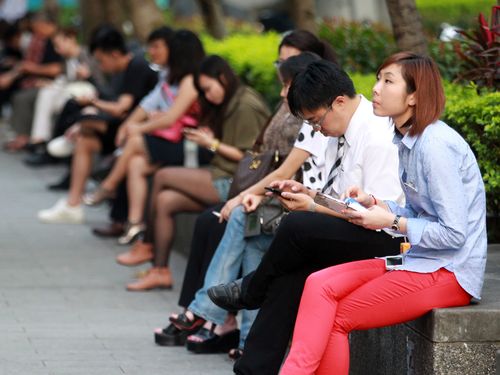
The most popular reasons for desiring change were low pay, poor working conditions, and poor company prospects.
Taiwanese workers to get lower bonuses for Lunar New Year

Taiwanese firms are now expected to give lower year-end bonuses for the upcoming Chinese New Year in early February.
New hires in Taiwan got lower pay in 2018

Monthly salaries of new hires in Taiwan dropped from the previous year, with engineering graduates receiving the highest pay compared to others.
Taiwan’s job market stabilises as unemployment drops

According to official data unemployment dropped 0.05 percentage points from a month earlier to 3.7%.
Nearly 2 million Taiwanese women not working due to family reasons

This out of a total of 5.24 million adults aged between 15 to 64, who are not part of Taiwan’s shrinking workforce.
Average monthly pay for Taiwan employees increases by 2.56% annually
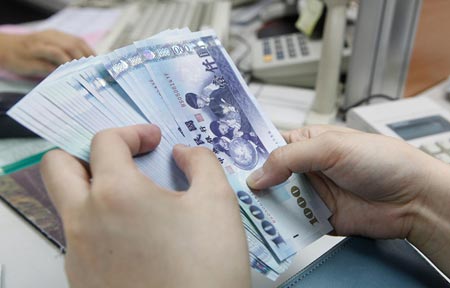
The average monthly take-home pay for Taiwanese employees increased by 2.56%.
Taiwanese workers to get slightly improved year-end bonuses
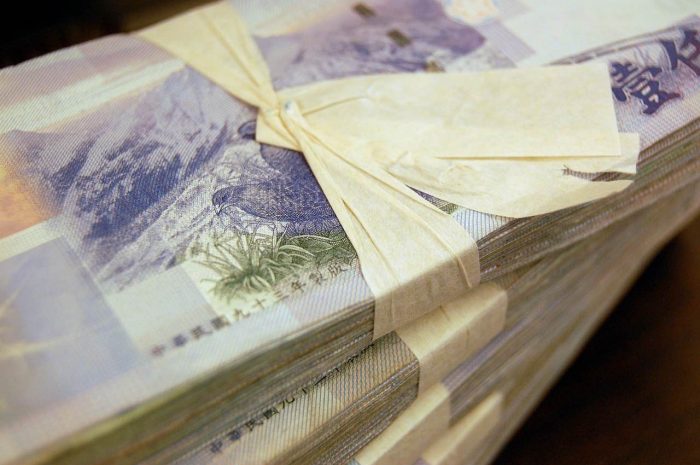
The slight increase in bonuses is reflected by a reduction in the rate of increase from year to year.
Apple’s largest supplier Hon Hai denies cutting 100,000 jobs
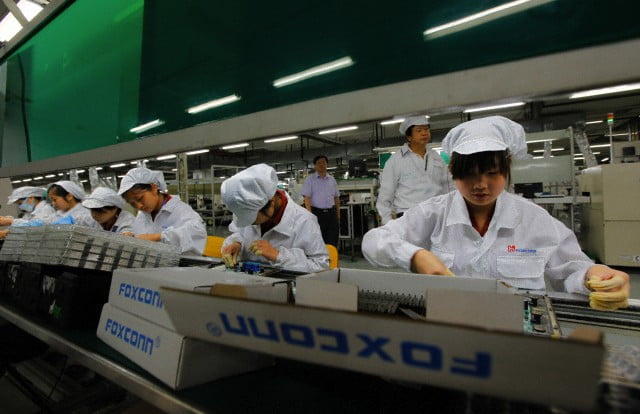
The chairman of Hon Hai, better known as Foxconn, has brushed off reports of massive layoffs at the electronics manufacturing giant.
Taiwan defers plans for mandatory labour directors
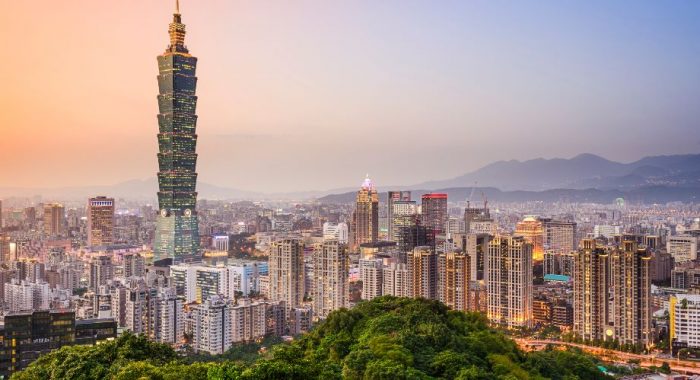
Companies are pushing back against Taiwan lawmakers who are proposing that companies appoint labour directors.
Foreign professionals in Taiwan may be exempted from proficiency exams

Accredited foreign professionals, including doctors, dentists, and pharmacists, soon may not need to take proficiency exams to start working in Taiwan.
Taiwan unemployment levels hit 18-year low

Thanks to steady economic improvement, Taiwan’s unemployment rate in September was as low as it’s ever been in almost two decades.
Taiwan Solar cutting 20% of its workforce

Taiwan solar firms are seeking to survive the industry downturn by cutting jobs as part of efforts to streamline production.
Young Taiwanese seek jobs in Southeast Asia and India

New research shows young people in Taiwan are increasingly interested in pursuing careers in other parts of Asia.
Taiwan looks to Southeast Asia to plug talent gaps

Taiwan is eyeing Southeast Asia to replenish talent and expertise lost to Beijing – and to cope with the problems of an ageing population.
The new paradigm of HR business partners

Raamann Ahuja, Senior Director HR for Thermo Fisher Scientific in SE Asia and Taiwan, talks about how HR business partners can create more strategic impact.
